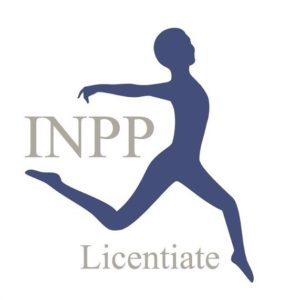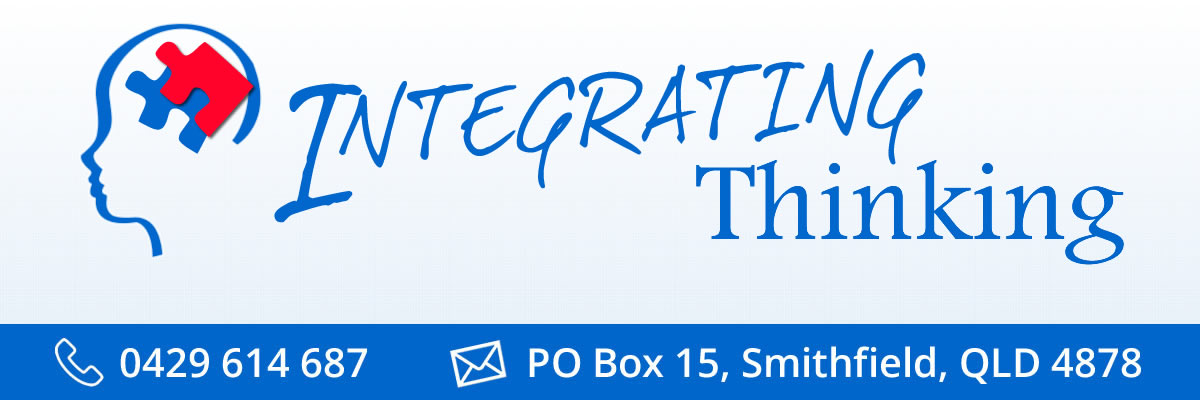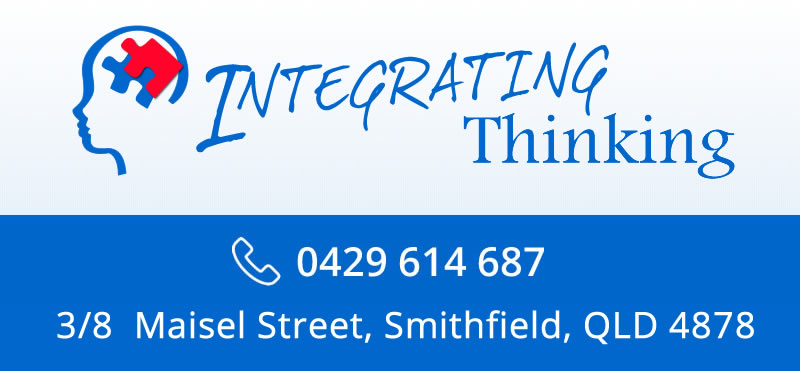INPP: Individualised Learning Support Programmes
Integrating Thinking looks behind and treats the symptoms of Neuro-Motor Immaturity (NMI), or Neuro-Developmental Delay (NDD), by identifying the source of the problem using an assessment and screening programme developed and successfully used by Dr Peter Blythe and the Institute for Neuro Physiological Psychology since 1969, the INPP programme.
Integrating Thinking helps address:
- Reading and writing difficulties
- Educational underachievement eg. Consistently being told “you can do better”
- Dyslexia (reading difficulties)
- Dyspraxia (DCD) (clumsy child syndrome)

- Dysgraphia (writing problems)
- Co-ordination difficulties
- Attention Deficit Disorder (ADD)
- Concentration problems
- Asperger’s Syndrome
- Auditory processing difficulties
- Visual processing difficulties
The neuro-motor development programmes include clinical assessments and supervision of remedial programmes using specific developmental movement methods devised at the Institute for Neuro-Physiological Psychology in the UK. (www.inpp.org.uk)
Clinical assessments include standardised neurological tests to identify underlying developmental and physiological factors that may be contributing to learning difficulties.
The INPP program is drug-free and non-invasive and is designed to match the developmental profile of the child or adult assessed.
The INPP method of addressing neuro-motor immaturity is a home-based programme supported by a trained neuro-developmental therapist. Implementing the programme requires approximately 10 minutes of daily activity.
No equipment is necessary for conducting the therapy programme at home. Regular follow up assessments are scheduled on a 6 – 8 week basis with ongoing support available between visits.
There are six steps to the Integrating Thinking INPP program:
- Screening questionnaire (Free online Questionnaire completed on-line. A response regarding the suitability of the programme will be sent usually within 24 – 48 hours);
- Initial consultation to understand the child’s developmental history and discuss program suitability (1 — 1.5hours). This can be conducted in person, by telephone or ZOOM link;
- Diagnostic assessment and exercise programme development (approx 2 hours of in-office contact time with the client, parents must be in attendance at this appointment);
- INPP Educational report reading and exercise programme establishment; (approx 1 – 1.5 hours). This can be conducted in person, by telephone or ZOOM link
- Implementing the programme at home (5—10 minutes/day);
- Follow up reviews at 6- 8 weekly intervals to determine progress and the next exercise. (1 – 1.5 hours in-office appointment).
The complete INPP programme usually takes 9 – 12 months to complete. With some clients, the time frame is less, others more, depending on the neuromotor and sensory profile and success within the programme.

Christine Payard is a licentiate member of INPP (www.inpp.org.uk)



